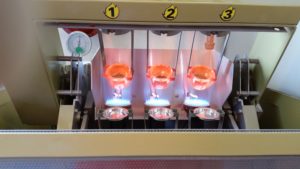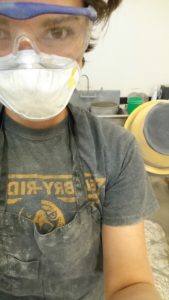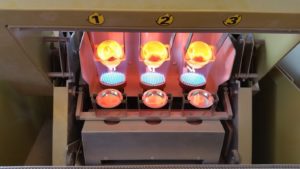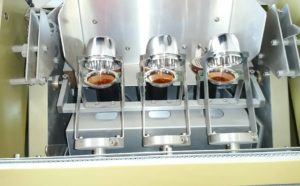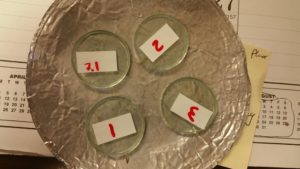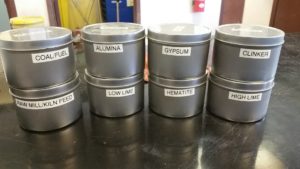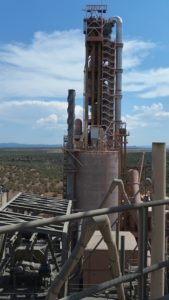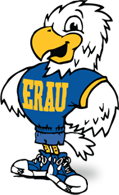https://vimeo.com/262039702
Tag Archives: ERAU
#ERAUColton: Passion Project of a Fellow Eagle
https://vimeo.com/260966489
#ERAUColton: Eagle Aero Sport
https://vimeo.com/258991013
#ERAUColton: Prescott Snowfall
https://vimeo.com/257750532
#ERAUColton: Exploring Prescott Pt. 1
https://vimeo.com/255575595
#ERAUColton: Why You Should Choose ERAU
https://vimeo.com/254709621
#ERAUColton: Wind, Snow, and Capstone!
https://vimeo.com/253452978
This week, #ERAUColton takes us to the wind tunnel, a photo shoot with the Prescott mayor, adventures in the Prescott snow, and gives us a sneak peek at his AE capstone project!
#ERAUColton Dives Into the Spring Semester!
https://vimeo.com/252351093
Want to know what life is like on campus and in Prescott from a student’s perspective? Join Aeronautical Engineering (AE) student Colton Campbell every Tuesday as he takes us through his spring semester! You can also follow his adventures at #ERAUColton
Playing in the Dirt
I rarely paid much attention to the concrete in my everyday life, except to determine whether or not it would be there to catch me if gravity decided to work. I knew that it came from a mixture of what I thought was dirt and water, and that it was used to build things like skyscrapers, bridges, and sidewalks. Little did I know that this “dirt” was actually cement, and that people’s lives depend on how well it was made.
This summer, I had the incredible opportunity to work for a cement plant as a quality control intern, learning the chemical and physical components that goes into making cement. This internship was designed to further my knowledge in my degree program, forensic biology. Though the two seem unrelated, the education I received in my courses, both in the lab and in the classroom, proved invaluable to learning and utilizing the chemistry used to make cement. In return, working at a cement plant provided important lessons that I can apply for the rest of my life.
My first few weeks at the cement plant consisted of training and obtaining my miner’s certification through MSHA, the Mine Safety and Health Administration. I learned the layout of the plant, safety procedures, and how cement was made. This process has many steps, and each of these steps are tested and adjusted to ensure that the cement will be of good quality, as determined by the American Society for Testing and Materials (ASTM).
There is physical testing, which requires making and testing concrete made from the cement, and chemical testing, which is done to check the actual composition of the cement. I mainly focused on the chemical testing. I learned how to manipulate various reactions to gather information, something I did in my chemistry courses at ERAU. These results were actually recorded and used, so I learned how important thoroughness and accuracy is in real-world applications.
I learned how to work in a professional environment, and how important it is to be able to critically think and solve problems. It was an experience I enjoyed!
So Long!!!!

I am officially signing off for good. It has been an awesome four years blogging for all of our readers out there but, its time to go!! I am happy to say that I have a job now, in the “real world” as the professors at ERAU like to call it.
As some of you know from my previous blogs I got my job through AFROTC, which I was involved in over the last 4 years at Riddle. It is a great program and if you are willing to give it a shot you can learn a lot about yourself while securing a future position in the Air Force. Not everyone makes it through but, boy does it feel good if you are one of the lucky ones who does!
With that said, Thanks again to everyone who read my blog, and to the amazing staff who help us bloggers post our stuff online! Now I get to go somewhere cool to do something fun!!!!! Bye 🙂 🙂



